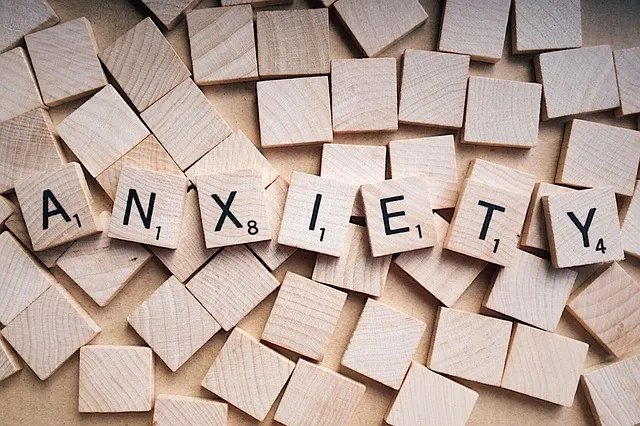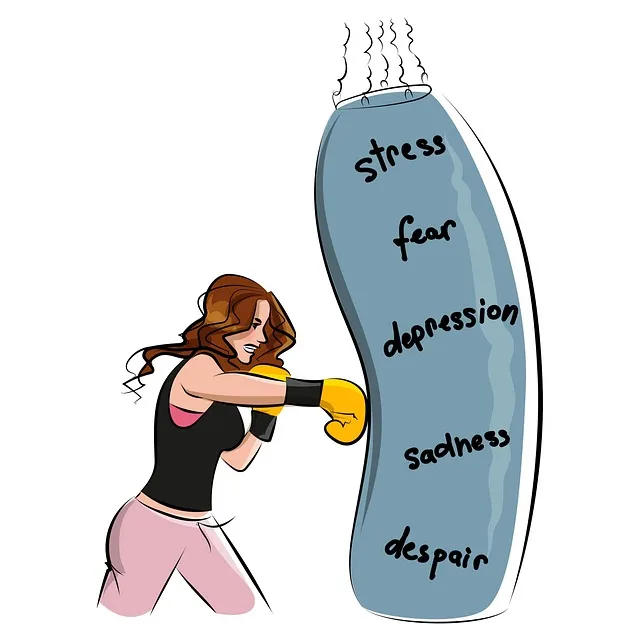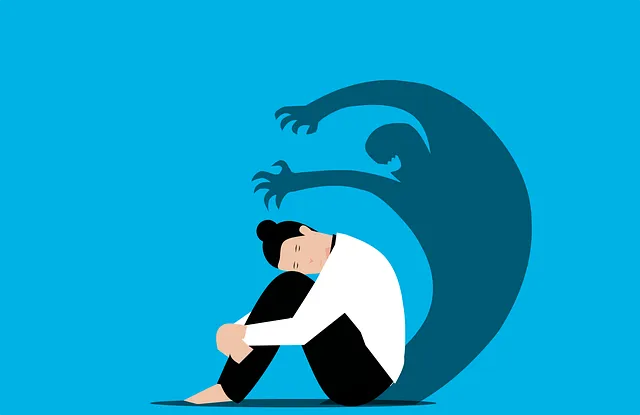Lafayette and Kaiser healthcare systems cater to diverse patient needs in inpatient mental health, offering unique approaches: Lafayette focuses on holistic, community-oriented therapies, while Kaiser emphasizes evidence-based practices. Cultural competency training is a transformative tool for improving patient outcomes and satisfaction by bridging communication gaps, addressing unconscious biases, and tailoring care to individual cultural processes. This program enhances inclusivity, job satisfaction, and access to quality mental health services for all, as supported by evidence-based practices in Lafayette's and Kaiser's inpatient mental health facilities.
In today’s diverse healthcare landscape, cultural competency among providers is paramount for delivering optimal patient care. This article explores critical aspects of healthcare provider training in cultural competence, focusing on why it matters and how it can be enhanced. We compare Lafayette’s and Kaiser’s inpatient mental health services to highlight best practices. Additionally, we provide insights into implementing effective programs, ensuring providers are equipped to navigate the complex tapestry of cultural differences for improved patient outcomes.
Key SEO keywords: healthcare provider cultural competency training, Lafayette vs Kaiser inpatient mental health, optimal patient care.
- Understanding Cultural Competency in Healthcare: Why It Matters
- Lafayette vs Kaiser: A Comparison of Inpatient Mental Health Services
- The Role of Training in Enhancing Cultural Sensitivity Among Providers
- Implementing Effective Cultural Competency Programs for Optimal Patient Care
Understanding Cultural Competency in Healthcare: Why It Matters

Cultural competency in healthcare is an essential aspect that goes beyond treating physical symptoms. It involves understanding and respecting patients’ diverse cultural backgrounds, beliefs, and values to provide personalized care. In today’s diverse society, where individuals from various ethnic, racial, and socioeconomic groups seek medical services, this approach is more critical than ever. For example, Lafayette and Kaiser’s healthcare systems must be prepared to address the unique needs of their patient populations, including those with inpatient mental health concerns.
By incorporating cultural competency training, healthcare providers can improve patient outcomes and satisfaction. This training equips them with the skills to navigate complex cultural landscapes, communicate effectively, and offer sensitive support for sensitive issues like Mental Wellness and mood management. Moreover, it plays a pivotal role in preventing Burnout among healthcare professionals by fostering an inclusive environment that values diversity and promotes better patient-provider relationships.
Lafayette vs Kaiser: A Comparison of Inpatient Mental Health Services

In comparing Lafayette’s and Kaiser’s inpatient mental health services, one notable difference lies in their approach to patient care. Lafayette, known for its community-oriented healthcare model, emphasizes holistic treatments tailored to individual needs. This includes a range of therapeutic options like art therapy, music therapy, and even animal-assisted therapy, focusing on the whole person rather than just symptoms. On the other hand, Kaiser, with its larger, more structured system, offers evidence-based practices such as cognitive behavioral therapy (CBT) and mindfulness meditation for depression prevention and self-esteem improvement. While Lafayette’s methods may encourage a broader sense of well-being, Kaiser’s structured programs are designed to be efficient and effective in managing mental health conditions.
The contrast between these two healthcare providers highlights the diverse strategies for inpatient mental health treatment. Lafayette’s approach fosters an environment where patients can explore alternative therapies, potentially leading to long-lasting behavioral changes. In contrast, Kaiser’s focus on evidence-based practices ensures a consistent level of care, utilizing techniques like mindfulness meditation to help patients manage stress and anxiety in their daily lives. When considering inpatient mental health services, understanding these differences is crucial for individuals seeking the most suitable support for their unique needs.
The Role of Training in Enhancing Cultural Sensitivity Among Providers

Cultural competency training plays a pivotal role in enhancing sensitivity among healthcare providers, ensuring that patients from diverse backgrounds receive care tailored to their unique needs. Through comprehensive education and interactive workshops, professionals learn to navigate the intricate web of cultural nuances, challenging stereotypes and biases. This training delves into topics like unconscious bias, cross-cultural communication, and understanding of different emotional healing processes, thereby fostering an environment conducive to trauma support services.
By investing in such programs, organizations like Lafayette’s Kaiser can mitigate burnout prevention strategies for healthcare providers, promoting long-term job satisfaction and patient outcomes. Effective training equips caregivers with the skills to build rapport with patients from various cultural contexts, ultimately improving access to quality care, especially within inpatient mental health settings.
Implementing Effective Cultural Competency Programs for Optimal Patient Care

Implementing effective cultural competency programs is paramount for healthcare providers to offer optimal patient care, especially in diverse communities like Lafayette where Kaiser has a notable inpatient mental health facility. These programs aim to bridge communication gaps and foster an inclusive environment, ensuring every patient receives respectful, culturally sensitive treatment. By integrating emotional intelligence into their practices, healthcare professionals can better understand and respond to patients’ unique cultural backgrounds and needs.
Community outreach program implementation plays a vital role in this process, allowing providers to engage with diverse populations, address health disparities, and promote trust. Moreover, burnout prevention strategies for healthcare providers are essential components of cultural competency training. By nurturing emotional resilience and well-being, these strategies enable professionals to maintain high-quality care, especially when navigating complex cultural interactions.
Cultural competency training is a game-changer in healthcare, ensuring providers can offer optimal patient care, especially in diverse communities. The comparison between Lafayette and Kaiser’s inpatient mental health services highlights the impact of cultural sensitivity. By implementing effective programs, as discussed in this article, healthcare organizations can navigate the complex landscape of different cultural needs, ultimately improving patient outcomes and fostering a more inclusive environment. This approach is vital to bridging gaps in care and ensuring everyone receives respectful, sensitive, and culturally appropriate treatment.






